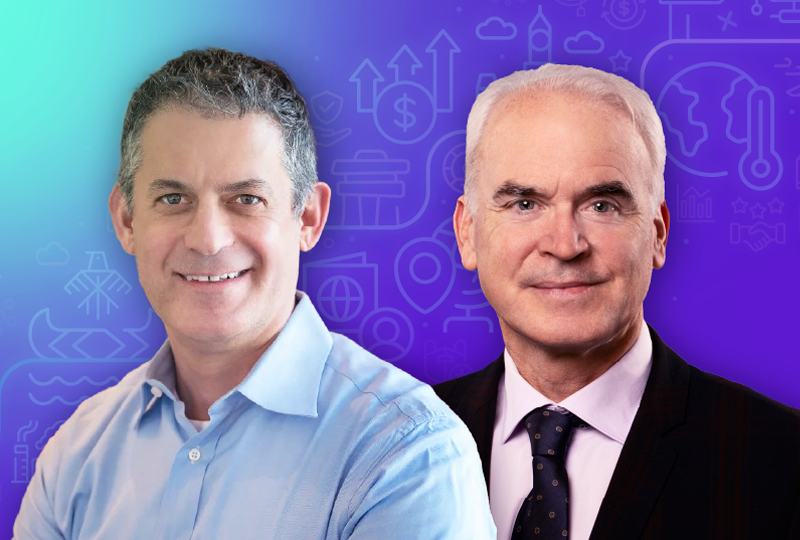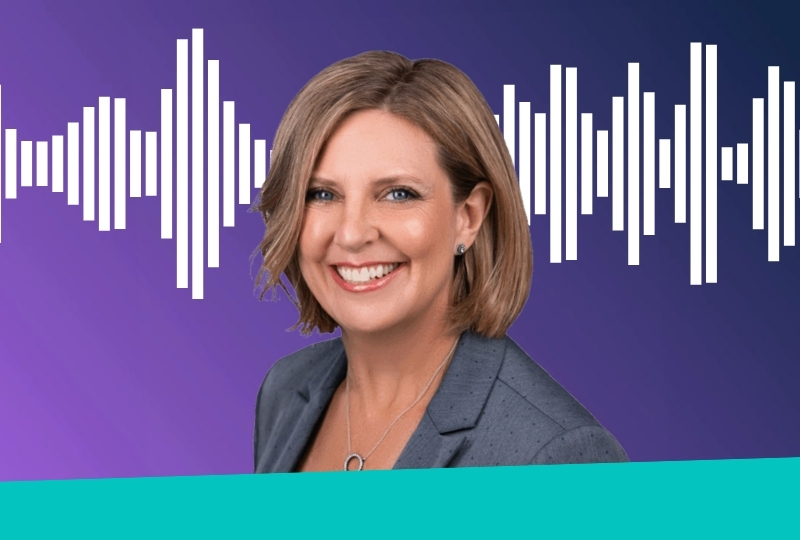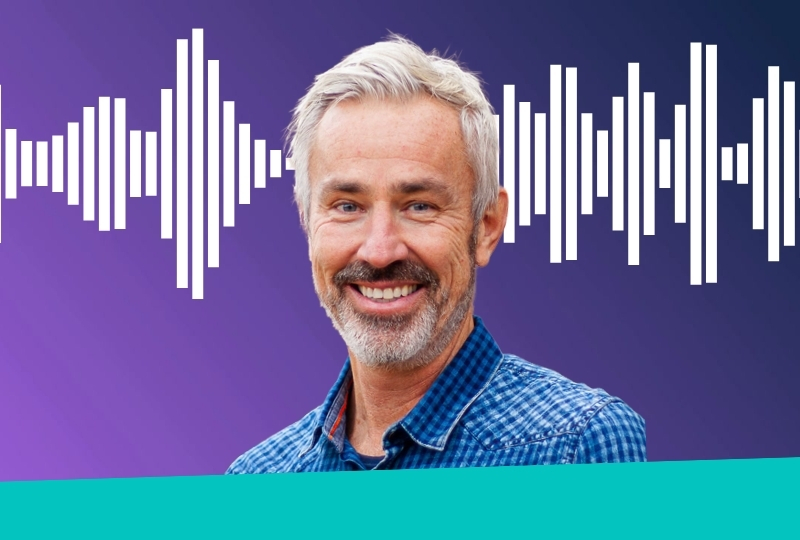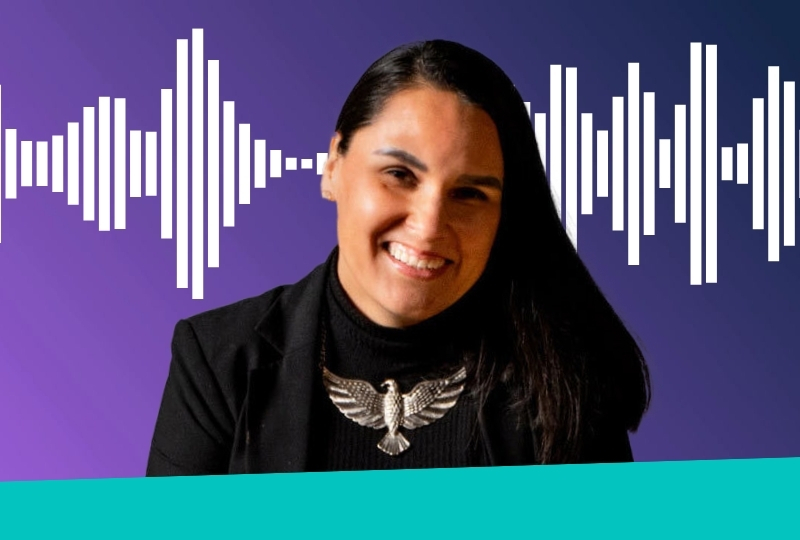
In each episode of Canada’s Economy, Explained, experts from the Business Data Lab will share straightforward analysis on the trends that are shaping Canada’s economic and business landscapes, from trade to inflation to productivity.
Senior Research Director, BDL
With a career that spans more than 15 years, Marwa has worked with and within some of the world’s most renowned multilateral organizations, private sector organizations, and country governments. Join Marwa as she interviews top economists and business leaders to help make sense of economic trends & numbers.



February 24, 2026
Canada isn’t short on talent, research or ideas. Yet living standards are under pressure, and productivity growth has slowed. What is really holding the economy back? In…

February 10, 2026
Host Marwa Abdou opens the season by stepping back from the usual ritual of economic forecasting to ask a more fundamental question: What happens when the systems shaping our economy are tested in…

December 9, 2025
In this special episode, recorded live at the Canadian Chamber of Commerce’s AGM and Convention, host Marwa Abdou speaks with…

November 25, 2025
Taxes shape more than government revenue. They shape trust. In this episode, host Marwa Abdou sits down with Heather Scoffield,…

November 18, 2025
Canada’s immigration system isn’t one program; it’s an entire architecture. A maze of pathways, permits, and policies that shape who…

October 28, 2025
What’s the greatest comeback Canada has never seen? According to special guest Carol Ann Hilton, Founder and CEO of the Indigenomics Institute,…
Get the Latest Insights Delivered to Your Inbox!